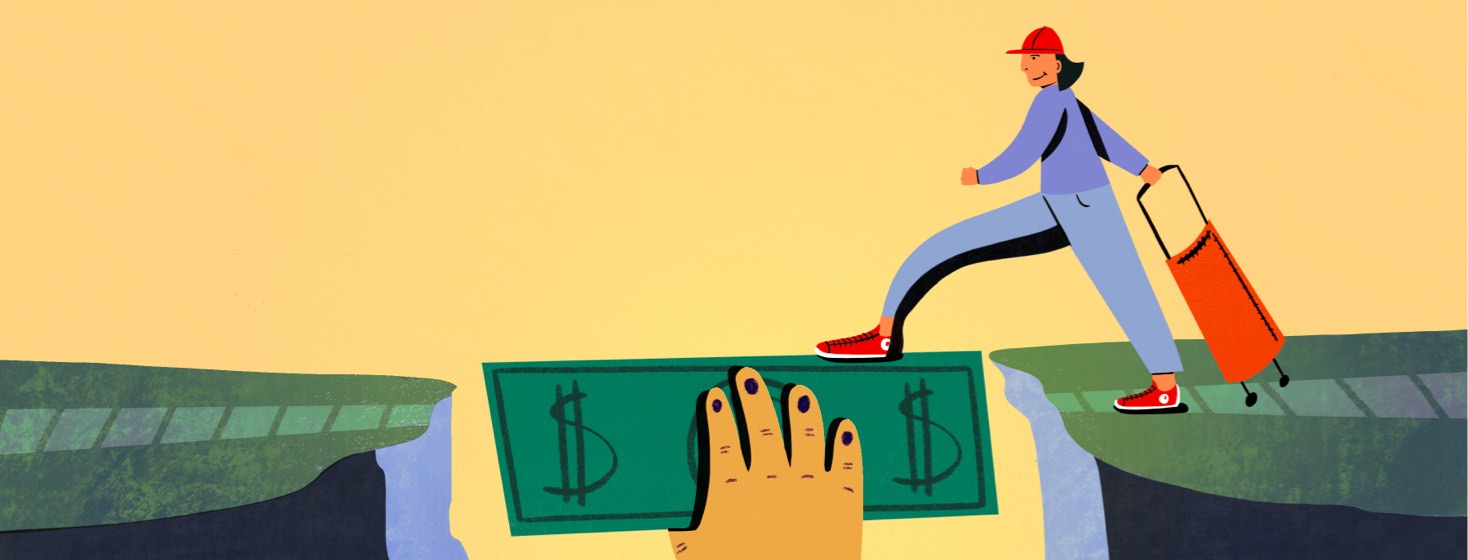NOCC Financial Assistance Programs
If you haven’t heard yet, September is National Ovarian Cancer Awareness Month. I’ve proudly been a part of the NOCC (National Ovarian Cancer Coalition) for the past 18 months and would like to announce 2 financial assistance funds that are being offered by the NOCC.
Guidelines for application
Both of these funds follow these guidelines.
- You can apply even if you use health insurance to pay for your medical care.
- These funds are first-come, first serve.
- Your annual household income must be at or lower than 400% of the FDL (federal poverty level).
400% of the FDL for 2022 are as follows:
- $54,360 for a single household
- $73,240 for you and a spouse
- $92,120 for a household of 3
How can financial support help?
The first fund is for women who are actively going through treatment for ovarian cancer. This includes maintenance therapy. The fund amount is $1,000 and is a one-time payment. The money could help pay for non-medical bills such as:
- rent/housing
- utility bills
- house cleaning
- child/elder care
- food/groceries
- transportation to/from treatment/doctor
The second fund is for women who have been accepted and are currently in a clinical trial for ovarian cancer. The one-time payment is $2,500.
The money could help pay for non-medical bills such as:
- All travel fees such as airfare, parking/tolls, hotels, ride share/cabs
- Food costs
- Gas to get to appointments
To apply directly for the for either fund offered by the NOCC, you can visit the NOCC website.
How financial support can make a difference
When I was diagnosed in 2020 and going through my 6 months of treatment and surgery I put claims into my insurance company. I was lucky in that our medical insurance paid for all of our hotels, gas, tolls, and food that I needed to get to the cancer center where I was treated. To get there by car from my house was a 460-mile roundtrip. The hotel stays, gas, tolls, and food added up. Over 6 months of traveling that far to all my doctor appointments, chemotherapy treatments, and surgical follow-ups added up to $3,500. If insurance hadn’t paid for traveling costs, I would have gotten the money from other ovarian cancer funds in my area.
Applying for financial assistance is worth it because being a cancer patient is hard. Start with your insurance company first and then seek out other opportunities for assistance with travel costs.
I’ve stated before in another article that your cancer journey is at least 5 years if not more. The cost of living has risen significantly in 2022 and I feel very fortunate to receive reimbursement checks for travel costs from my insurance company well into my 2nd year of cancer surveillance. You don't know what lies ahead for you and applying for assistance to help pay for costs is nothing to be ashamed of.
If you’re uncomfortable with taking the money, just know you can always give back to the NOCC. They are a non-profit organization and live on donations to keep their programs going. You or your family can donate online at any time.

Join the conversation